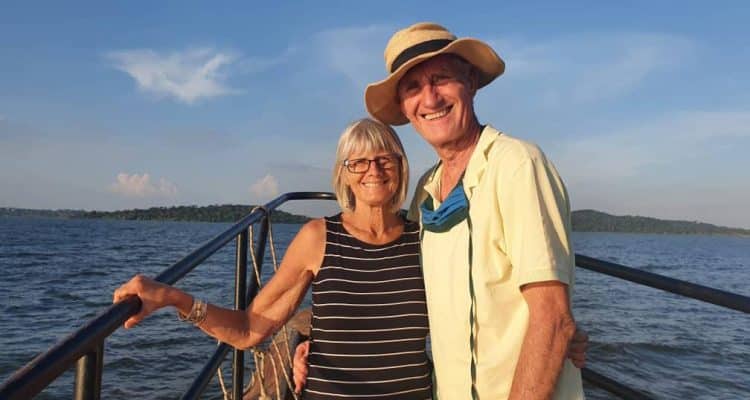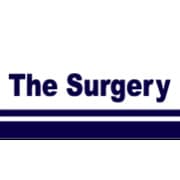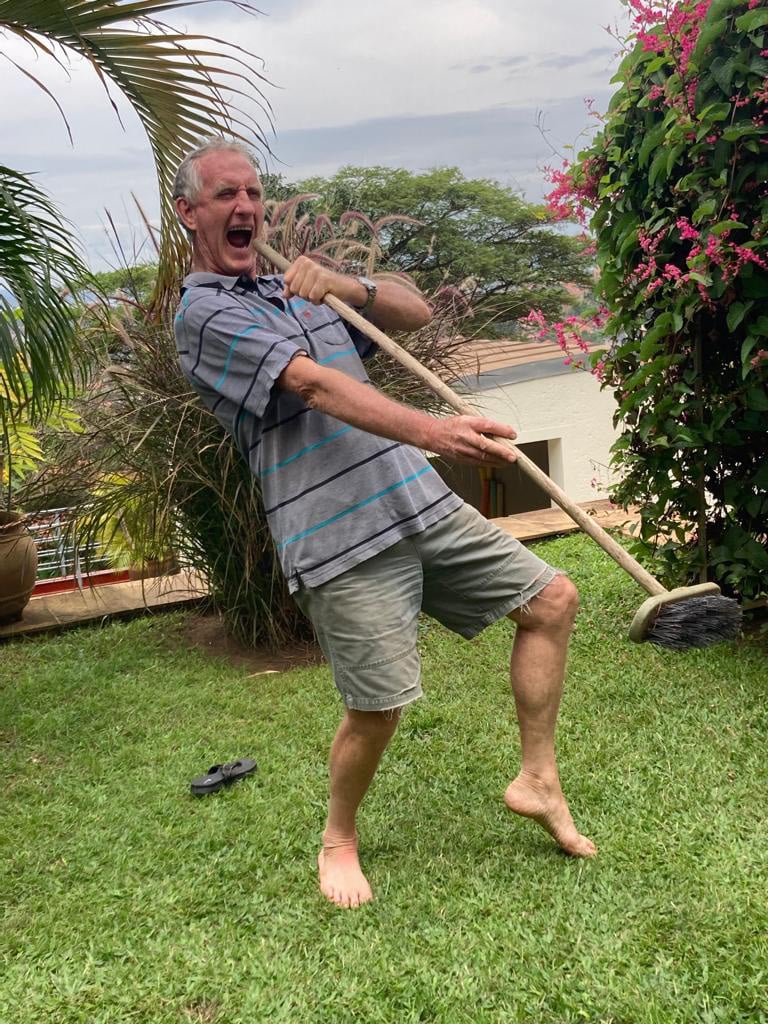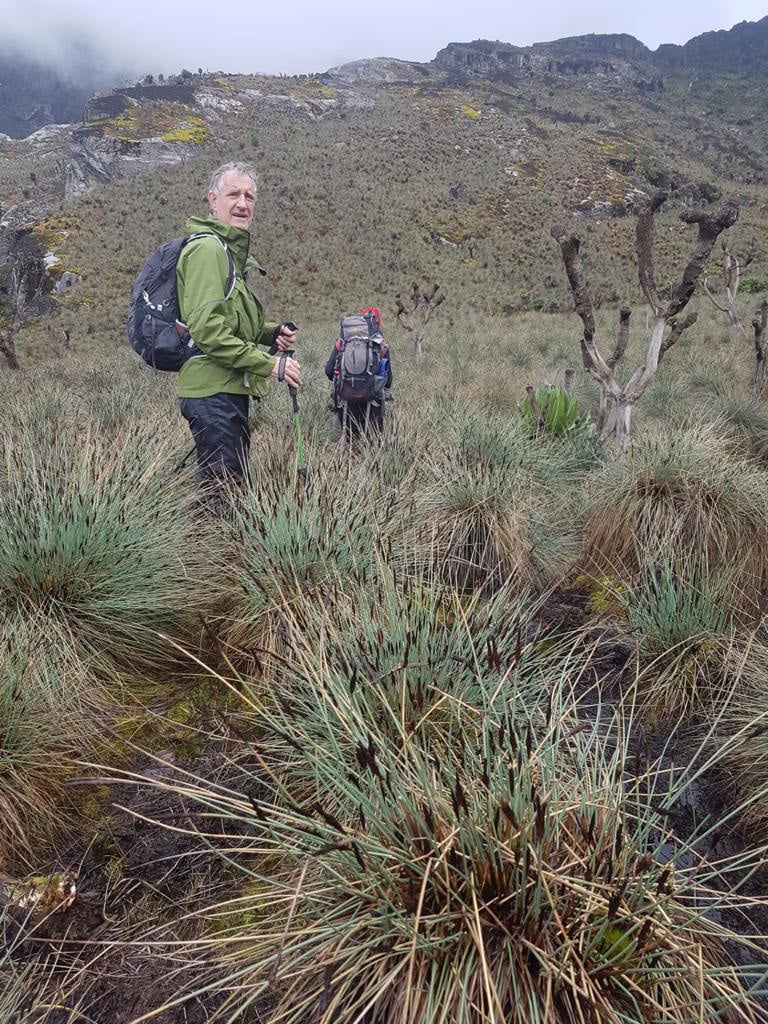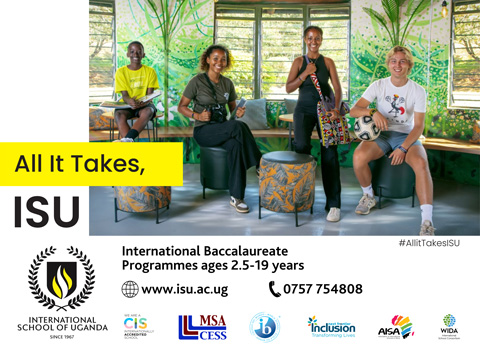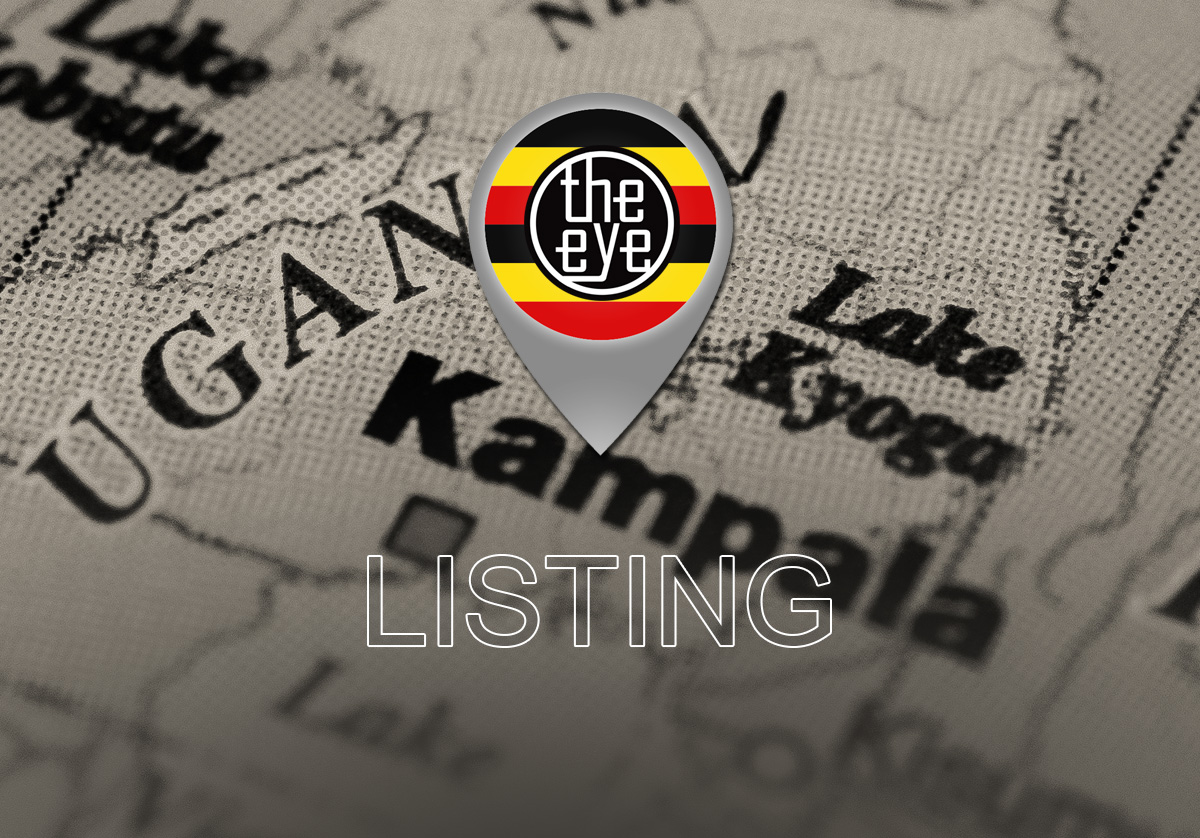Covid has caused massive health problems worldwide, probably more so in the richer countries with their drift away from personal care towards over reliance on the latest technology. In our years in Uganda we learnt 2 important lessons about health care that can be applied to most professions, including starting a car. Do the simple things well. Do what you can with what you’ve got. Good medical care is not about the latest technology, the latest investigations or the latest drugs. Technology and innovations are good servants but poor masters. The most important intervention any health worker can make is to be there. The best fertiliser is the farmer’s foot: you can’t care from a distance. You can’t care from behind a screen or staring at one. You don’t make a diagnosis from an MRI or chemical screening, you make it by listening to the patient, finding out what is wrong, asking questions. We say in training “history is king”. Followed by a proper medical examination and clinical assessment. That means keeping the focus on the actual problem so that anything expensive or complicated is directed specifically towards the patient in front of you.
In the UK and I think in many other countries it was almost impossible to see a doctor for 2 years. Almost all consultations were by phone or Skype (whatever that is). They had all the latest technology but only “being there” in person can result in proper care. Most wealthy countries had a lot of deaths including old people dying alone, their only visitors an anonymous figure in a hazmat suit.

